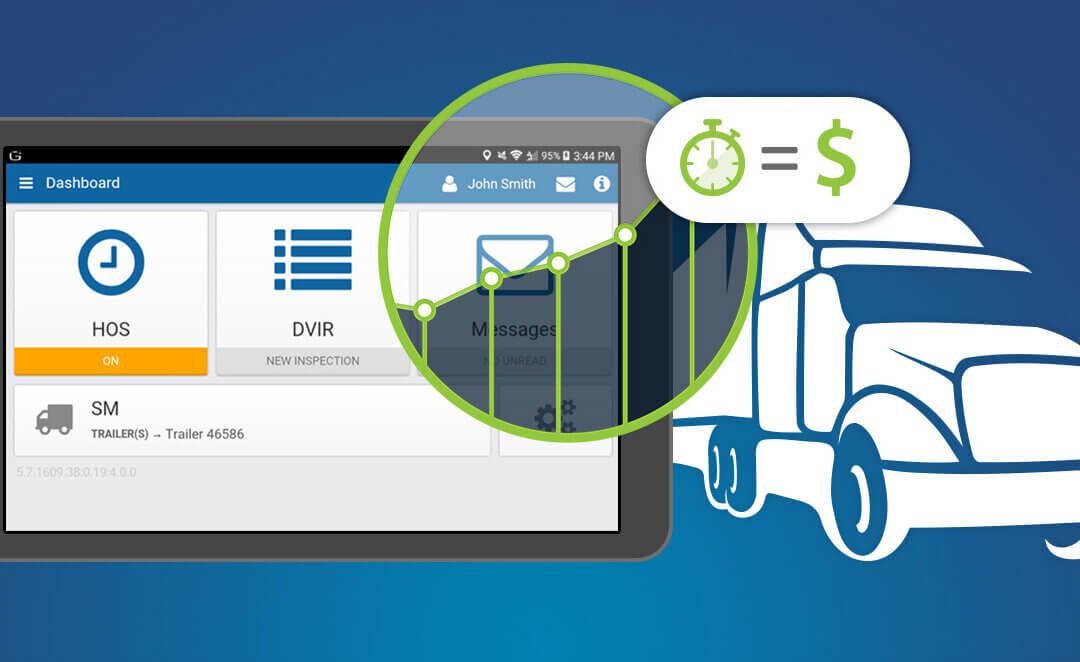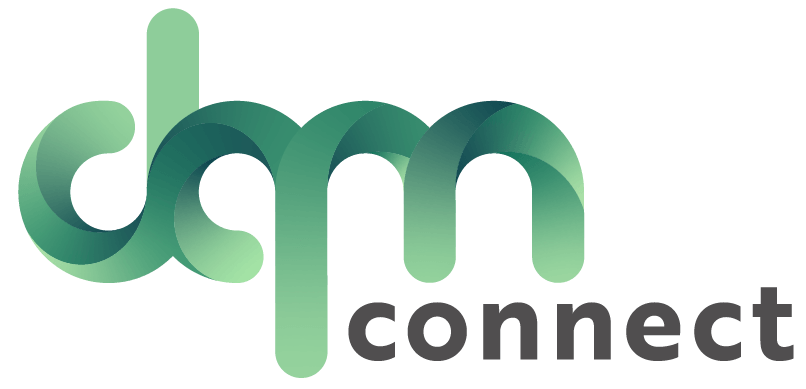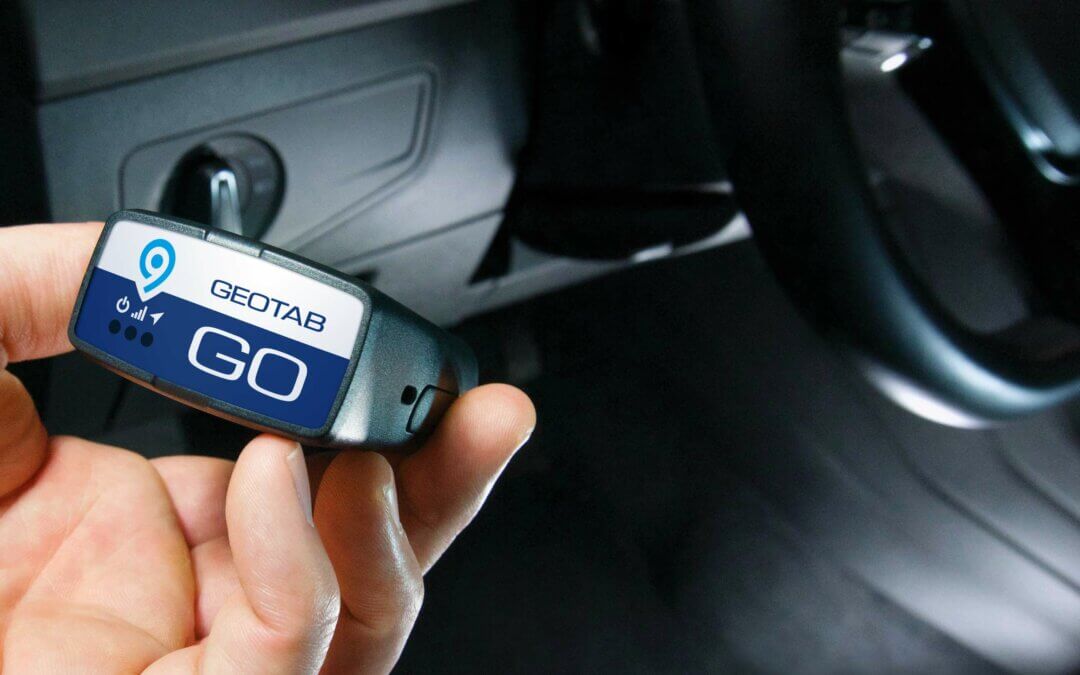
How eLogs For Truckers Improve Driver Efficiency
Trucking has always required detailed logs from professional drivers, but for decades those logs had to be done on paper – a tedious, time-consuming, error-prone process. Now, new regulations are enforcing the use of eLogs for truckers, electronic logbooks which are an improvement over the old method in virtually every way.
For new drivers, or those starting up their own fleet, here are the basic things you need to know about eLogs for truckers.
What Is An eLog?
Electronic logbooks are small electronic devices that are attached to a truck or other working vehicle, recording vehicle data as well as driver behavior. These typically track the vehicle’s movement via GPS, fuel consumption, diagnostic data, maintenance records, and more.
In addition, regulations require the driver log their own behavior – whether they’re driving, doing paid non-driving work, on break, etc. This allows regulators to ensure that drivers are following relevant laws on working hours.
How Did eLogs For Truckers Improve on Older Methods?
When the government first began mandating electronic logging, there was some pushback due to the need to buy new hardware. However, drivers and fleet managers quickly realized it was a small upfront cost that brought significant benefits.
- Saving time. Keeping logs on paper required a lot of time and effort because drivers had to manually look up and record information by hand. eLogs greatly reduce time wasted on paperwork.
- Better visibility. A modern eLog device can hook into your fleet management system, providing data directly to your databases. Otherwise, the data would have to be re-entered from the driver’s log, wasting more time.
- Fewer mistakes. Any paperwork maintained by hand is going to be prone to error, and errors in trucking paperwork can lead to big fines or worse. eLogs pull their data directly from the truck, greatly reducing the chance of error.
Who Has to Use eLog Systems?
For all intents and purposes, every truck in your fleet should be outfitted with an eLog system. However, there are a few specific exceptions, specifically for drivers who only drive locally, 8 days or less in a month. If you don’t have to keep Records of Duty Status for the driver, they likely don’t need to use an eLog either.
VLC Makes Fleet Management Easy!
VLC provides a full suite of tools for fleet management, driver management, and customer relationship management. Our software solutions simplify your life as a fleet manager, while offering deep analytical insights and opportunities for cost optimization.
Contact us to learn more or request a free demo!

